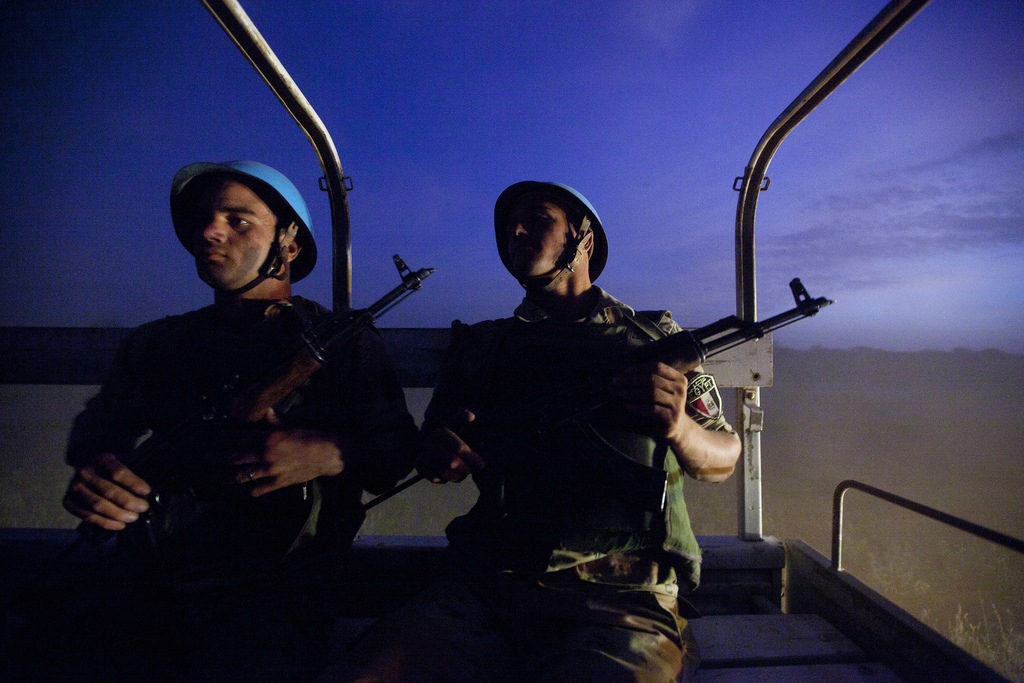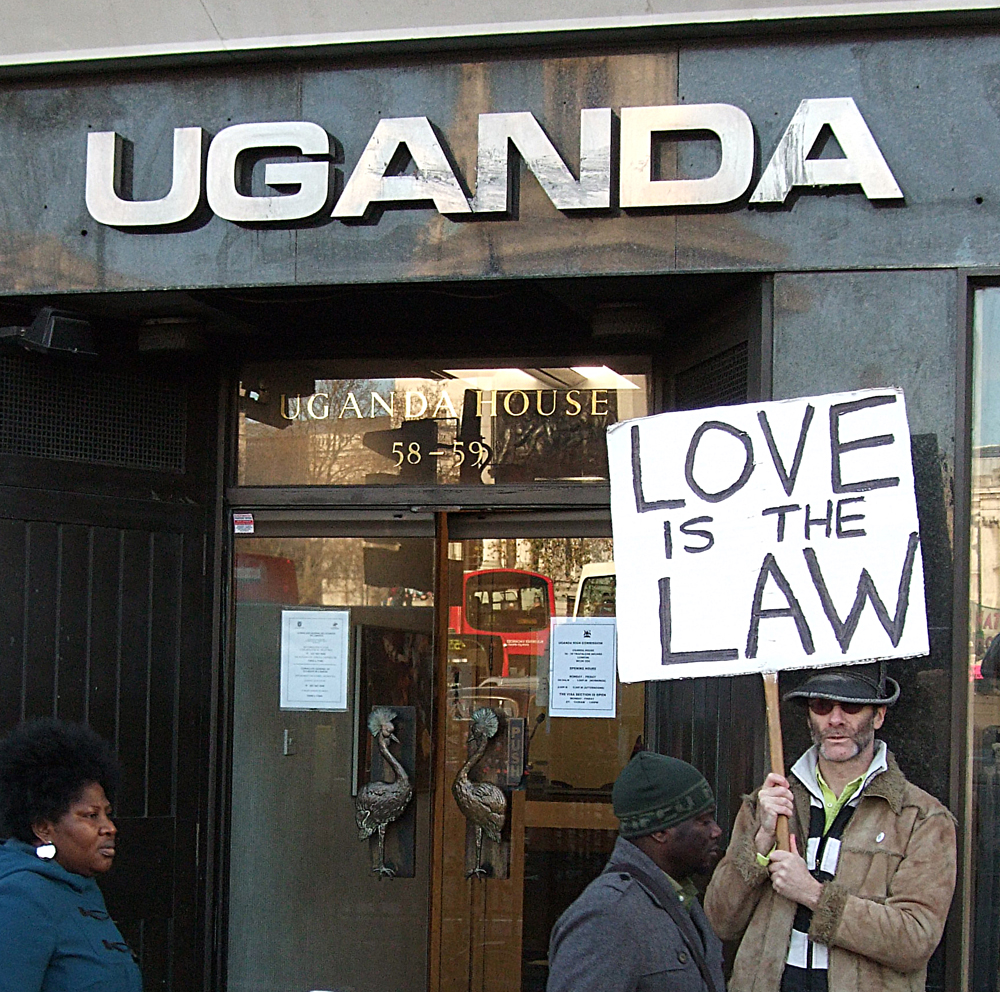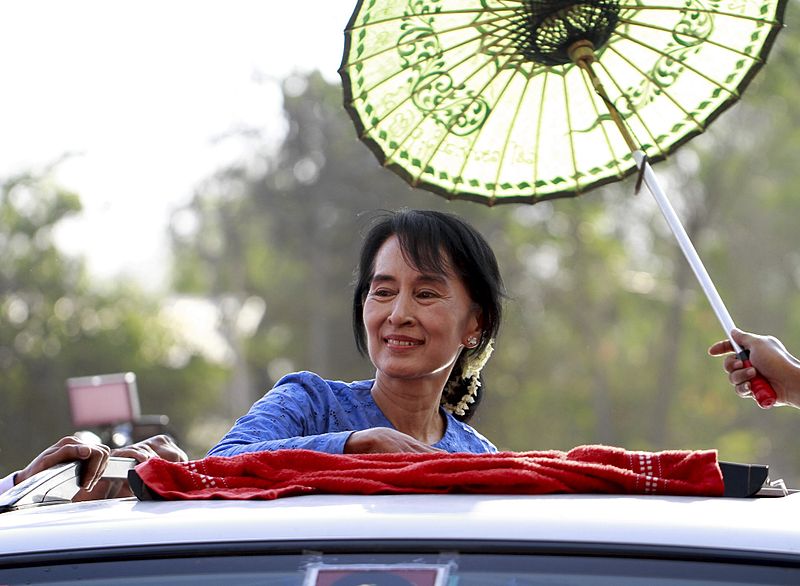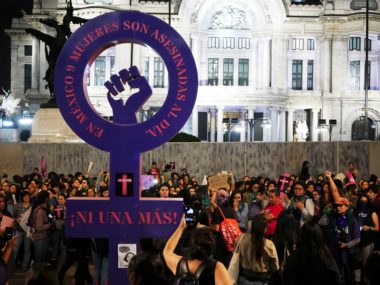Guest post by Eamon Aloyo

Bashar al-Assad’s military and some opposition rebels have committed, and will likely continue committing, war crimes and crimes against humanity in Syria. Over the course of the crisis at least 60,000 people have been killed – many innocent civilians – 2.5 million displaced, untold amounts of property destroyed, and, as reported by the International Rescue Committee, cases of war-related rape have occurred Assad is responsible for most of this destruction, and the situation is deteriorating. The rate of killing has increased from 1,000 per month in the summer of 2011 to 5,000 per month since July 2012, and a UN official estimates that 100,000 could die in 2013.
The Responsibility to Protect (R2P) doctrine provides a framework through which to respond to mass atrocities, but the failure of the international community in Syria highlights the need for institutional reform if R2P is to be consistently implemented. In 2001, a nongovernmental, multinational team of high-profile individuals released a report called the International Commission on Intervention and State Sovereignty (ICISS), which developed R2P in response to the mass atrocities in the 1990s such as those in the Balkans and Rwanda. Their central point was that states have the primary responsibility to protect their citizens from mass atrocities, and the international community has secondary responsibilities to do so whenever states are unable or unwilling to protect their own people. Surprisingly, just four years after the release of the report, heads of government agreed to R2P’s central principles in the World Outcome Summit Document.
Since then, the international community’s failure to adequately respond to the atrocities in Syria, Sudan, South Sudan, the Democratic Republic of Congo, and elsewhere have illustrated the inadequacy of the R2P norm alone. Institutions that can respond quickly and with adequate resources to R2P violations are necessary if innocents are to be routinely protected.
Rather than proposing specific reforms here, I suggest that a group of prestigious individuals comparable to the authors of the ICISS from governments, NGOs, businesses, and IGOs should form a commission to propose feasible ideas for integrating R2P’s laudable goals into global governance institutions. Only such a group could garner the political capital to achieve such reforms.
The political climate to achieve global governance reforms may now be available due to a unique moment in history. President Obama, who has embraced R2P ideas through his participation in the Libyan intervention, cannot run for reelection and may thus be willing to press for unpopular reforms of global institutions. France’s ongoing intervention in Mali exhibits Francois Hollande’s willingness to support foreign military action, and he could ride the wave of support the intervention has brought him to advocate for such reforms. Developing countries such as Brazil — which has offered an innovation to R2P known as “responsibility while protecting” — and India, are eager to exercise their powers on a global stage, and this opportunity for institutional reform may be in their interests. China and Russia might be persuaded to authorize such a commission to show that although they do not support intervention in Syria, they are not the callous actors their critics make them out to be. NGOs have honed their skills at developing new institutions in recent decades by contributing to the development of the ICC and the Landmine Treaty Ban. IGO leaders have themselves proposed reforms to their own institutions. Many businesses should support such reforms because instability and destruction of their infrastructure is bad for their bottom lines.
International actors should use the inadequate responses to the ongoing Syrian crisis as an opportunity to ensure that R2P will be institutionalized rather than an afterthought. Ad hoc international criminal tribunals, as some suggested Western leaders did to mollify their consciences after their failures to protect innocents in Rwanda and the former Yugoslavia, or just pressing for holding Assad and other responsible for their violations of international criminal law at the ICC is inadequate. Although such criminal accountability is important, it does not address the structural, and more pressing, issue of how to actually protect innocents. We should use the international community’s failure in Syria as a springboard for institutionalizing R2P. Potential victims deserve it.
Eamon Aloyo is a Research Associate at the One Earth Future Foundation.






1 comment